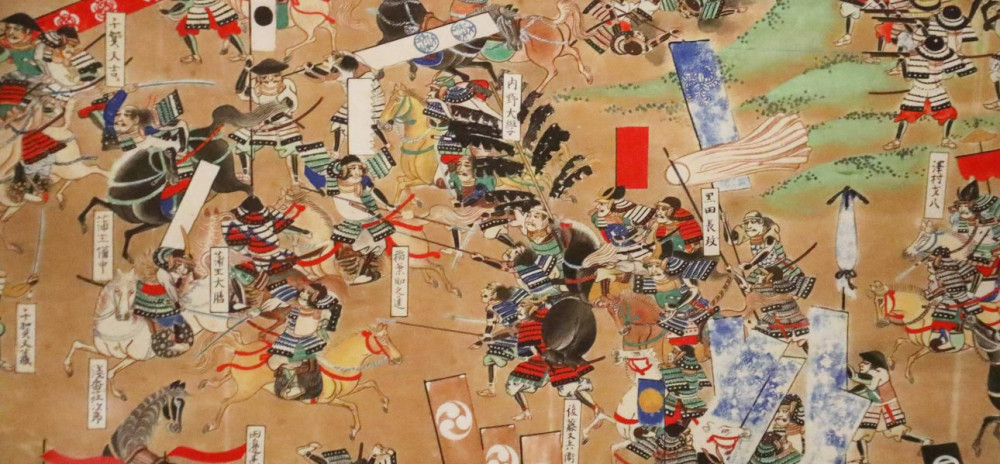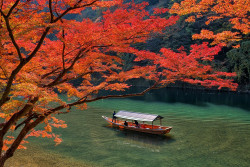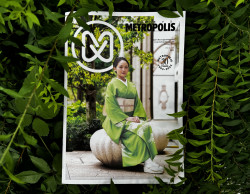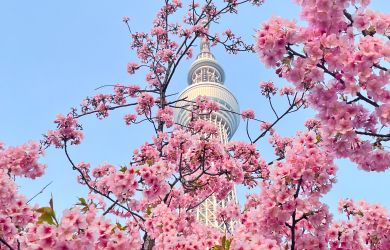
Historical fiction is one of Japan’s most popular literary genres, and that is in no small part due to the genius of Eiji Yoshikawa (1892-1962). Yoshikawa retold classics like Tale of Genji and Romance of the Three Kingdoms in his own accessible and dramatic style. He also wrote epic novels about key figures from Japanese history, including Edo Period magistrate Tadasuke Ooka, Sengoku Period warlord Yoshitaka Kuroda, and legendary swordsman Musashi Miyamoto. The latter, titled Musashi Miyamoto, follows the life and exploits of the warrior, known as a sword-saint of Japan with his unique double-bladed swordsmanship style and an influential philosophy in terms of both strategy and Buddhism.
The novel opens in the year 1600, Battle of Sekighara. This is one of the most famed battles in the history of Japan. It resulted in the decisive victory of Tokugawa Ieyasu and the eastern clans against Hideyoshi Toyotomi and the western clans, leading to the establishment of the Edo Shogunate and the Japan we know today. There were as many as 40,000 deaths on this broad plain in between Nagoya and Kyoto; the Tokugawa victory was in part the result of treachery from Hideaki Kobayawaka, who defected to the Tokugawa side. There is no concrete historical proof that Miyamoto himself participated in this battle. Miyamoto, known as Takezo, was a 17-year-old youth from present-day Okayama and a seasoned duelist, but a greenhorn to the fields of war.
Yoshikawa evocatively describes this keystone moment in Japanese history from Takezo’s perspective. The names—Kobayawaka, infamous traitor, Fukushima, a daunting commander under Tokugawa, Mitsunari Ishida, chief general of Toyotomi’s force—are familiar and thrilling to Japanese readers. But readers regardless of cultural background can sense the terror of battle, the dawn of Miyamoto’s life by the blade, and the urgency of this crucial moment, as Japanese history swivels in a new direction.

From Musashi Miyamoto
Chapter One
These tremors of heaven and earth—what will they become?
At this point, the individual acts of humans are no more than the leaves on the single branch of a tree swaying in the autumn wind. Or at the least, that’s how our acts have ended up.
Those were the thoughts of Takezo. He contemplated, lying in between the corpses, his body flat and still as a corpse itself.
I’ve got to move, he thought. What else can I do? But he didn’t have the strength to even lift a finger. Takezo hadn’t yet realized it himself, but there were two or three bullet holes lashing through his body.
It happened last night. To be precise, September 14th, on the fifth year of the Keicho Era. A deluge of rainfall crashed down on the plain of Sekigahara from dusk till dawn. The thunderous clouds had yet to melt away, even by noon today. From time to time, stray, ashen clouds wandered down from Mt. Ibuki or the Mino Mountains and burst into white showers over the wide plain, washing away the residue of the bloody battle.
The rain sloshed down onto Musashi’s face and the faces of the surrounding corpses. His mouth was gaping open like a fish, and he lapped up the water droplets hanging from the bridge of his nose with his tongue.
My last taste of water. In the core of his paralyzed mind, Musashi sensed that his destiny was sealed.
His side had already lost the battle. Kobayawaka betrayed them along with the Eastern Army, a turning point that led to the total collapse of their forces, starting with the force led by Mitsunari Ishida, and continuing to those of Hideie Ukita, Yoshihiro Shimazu, Yukinaga Konishi. One could venture that in just half a day, the ruler of Japan had been decided. The fates of hundreds of thousands of compatriots, and the futures of innumerable offspring, invisible to the eye now, were being shaped second by second, minute after minute.
I can’t… The hazy images of those he left behind—his only sister, the old folks of the village—flickered in his mind. He couldn’t understand it, but somehow, he didn’t feel sad. Is this really what death is like? But it was at that moment that, just ten paces away, among the pile of comrade’s corpses, one seemingly dead body came to life, and raised its neck.
“Hey! Take!”
The call stirred Takezo from his state of near death and he looked around. It was Matahachi: Takezo’s friend from the same village, who joined the same army for the same master, who came together with Takezo to this battlefield, the two of them burning with the youthful desire for glory. Both of them were seventeen years old.
Takezo mustered up words as the rain fell on. “Whoa. Mata.”
“Take. So you’re alive!”
It took all of Takezo’s strength to belt out a response. “I may be alive, but it feels like I’m dead. Mata—don’t you die, Mata. Don’t die for nothing!”
“Damn it all! I’m not dying!”
Takezo heaved himself in the direction of his friend’s voice through the mud. He gripped on to Matahachi’s hand.
“Let’s run,” Takezo gasped. He pulled on Matahachi’s arm, dragging himself closer, when all of the sudden, the earth that the two of them were using as their pillows began to shudder like a boiling kettle.
“Die, die, die! It’s not over!”
A row of jet-black horseback soldiers were howling war cries as they swept over the center of the plain, charging towards the two young men.
Matahachi rose to catch a glimpse of the flag. “Look! It’s Fukushima’s troop!”
Panicking, Takezo snatched on to Matahachi’s ankle and pulled him down.
“Are you crazy?” Matahachi shouted. “Do you want to die?!”
It happened in an instant.
The mud-drenched hooves of countless warhorses, twitching in unison like a springing loom, ridden by armored enemy knights wielding swords and pikes that they waved triumphantly in the air, leapt over Takezo’s face, leapt straight over his head dug into the mud, and Takezo sprung up, and he started to sprint.
Takezo glanced back with his eyes strained open wide. He could see Matahachi face-down in the dirt, and the dauntless beasts rampaging the plain, hundreds of them.
Love Japanese literature? Check out our entire Fresh Ink Series here.







